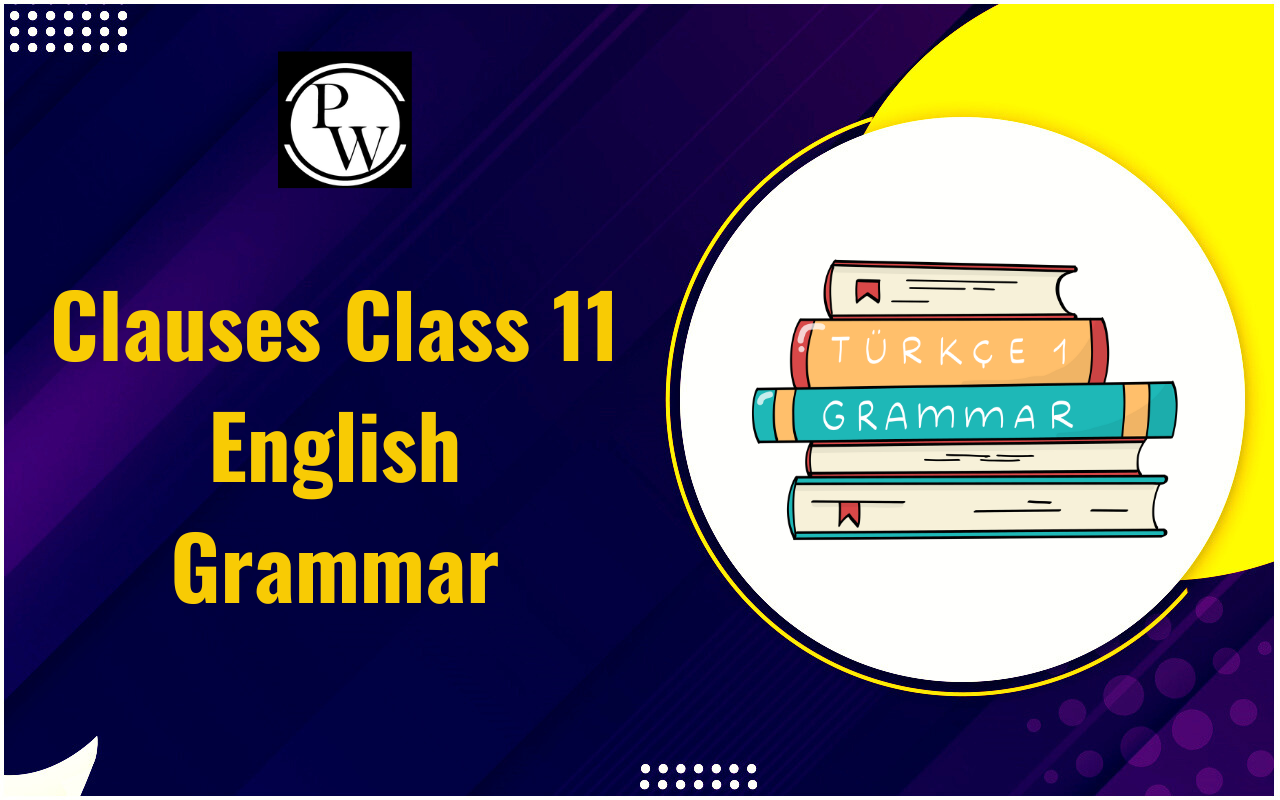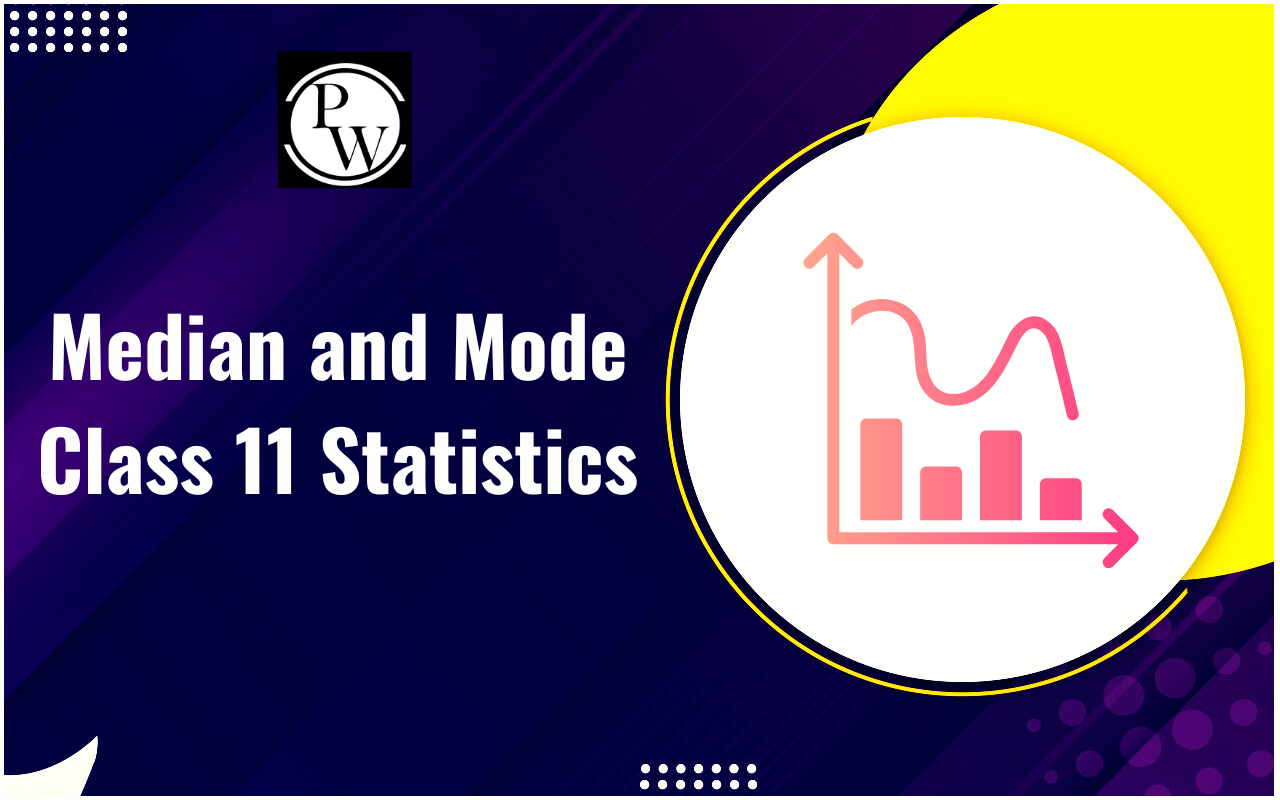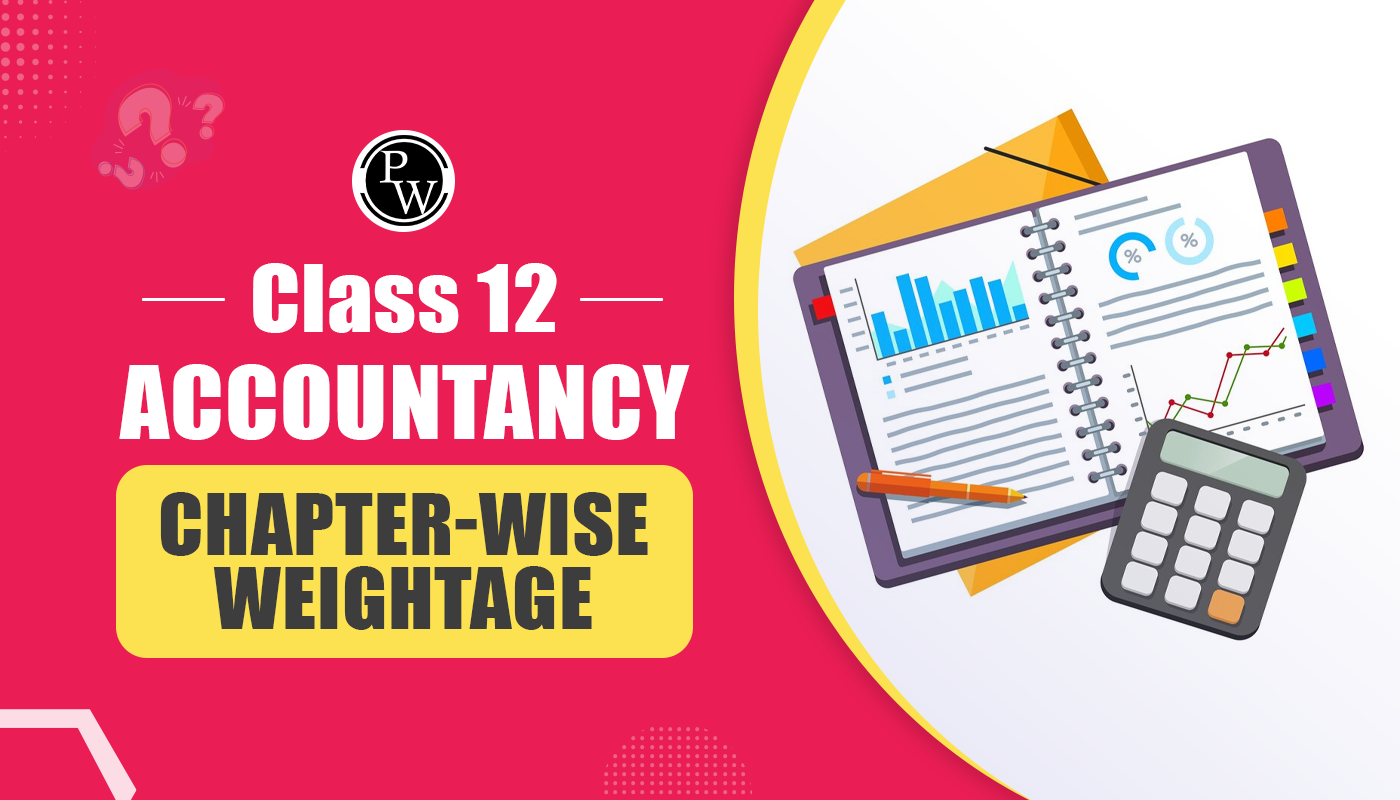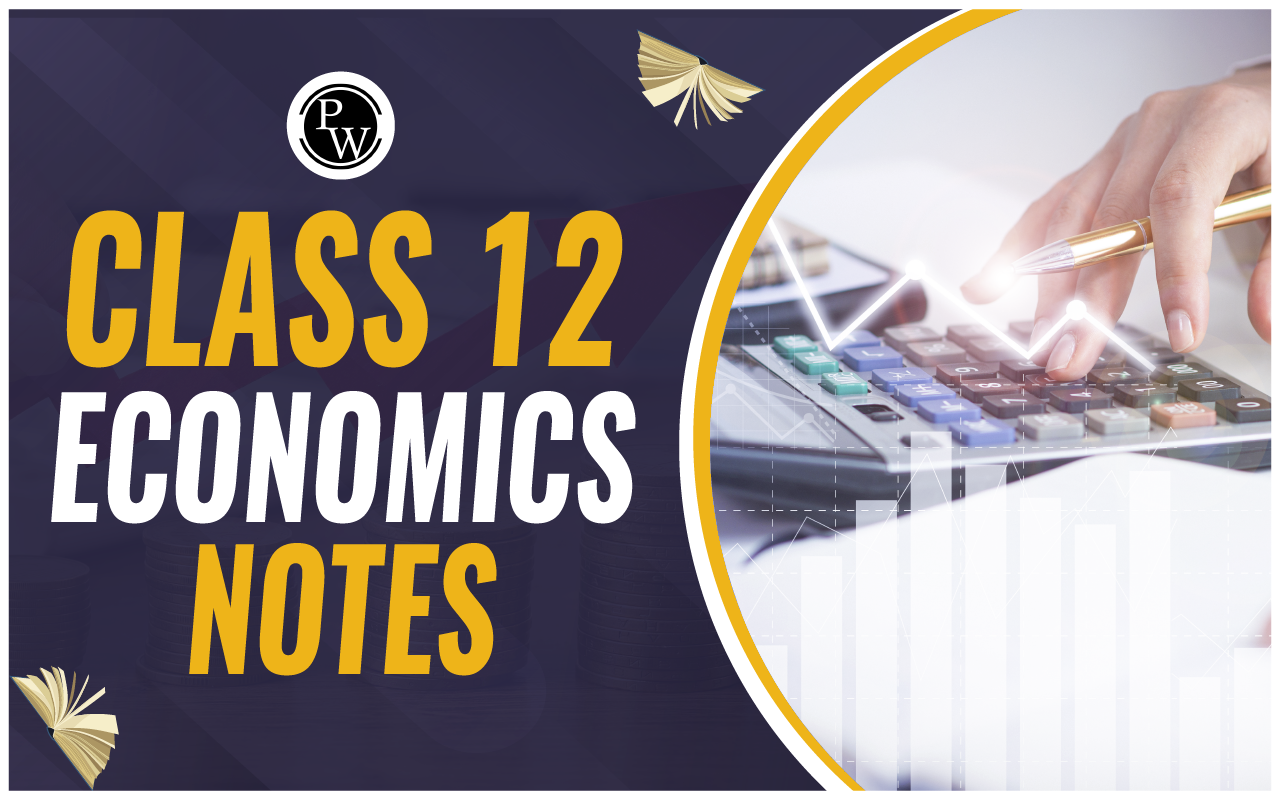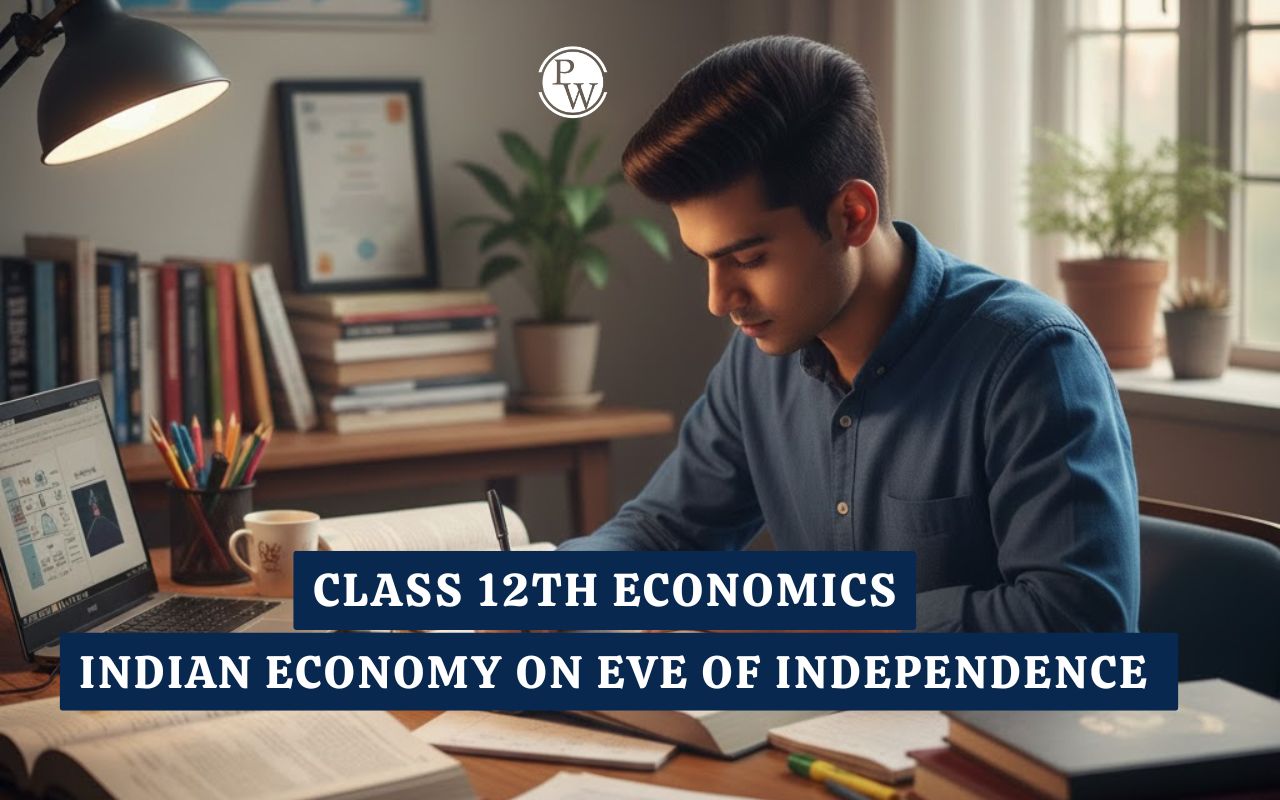
Economics is a crucial subject in Class 12, combining both theoretical understanding and analytical application. Whether it's interpreting macroeconomic indicators or understanding India's economic development, the subject demands a strategic approach. With conceptual clarity, consistent practice, and a disciplined routine, scoring full marks in Economics is achievable. This article outlines the Class 12th Complete Roadmap for Economics, guiding you through a detailed strategy rooted in expert teaching and student success stories.
Whether you're just starting your academic year or preparing for pre-boards, this Class 12th Complete Roadmap for Economics will help you stay focused, organized, and confident.
Why Focus on Economics?
Class 12 Economics is not just important for board exams, it’s also foundational for higher studies in commerce, finance, policy, and management. Economics nurtures logical reasoning, data interpretation, and decision-making. With the right study plan, even average scorers can witness exceptional growth.
Also Check:
Three-Pillar Strategy for Scoring Full Marks
The Class 12th Complete Roadmap for Economics is structured around three main pillars:
- Build Deep Conceptual Understanding
- Maintain Consistent Practice and Revision
- Master Exam-Writing Skills and Time Management
Let’s look into each of these pillars and see how they contribute to your success.
Understanding the Syllabus Thoroughly
A key element of the Class 12th Complete Roadmap for Economics is a clear grasp of the syllabus:
Macroeconomics
- National Income and Related Aggregates
- Money and Banking
- Determination of Income and Employment
- Government Budget and the Economy
- Balance of Payments
This part contains both numerical and theoretical. Understand the derivation of formulas, especially in National Income. Don’t skip diagrams in topics like Money and Banking or Determination of Income.
Indian Economic Development
- Development Experience (1947–1990) and Economic Reforms (Post-1991)
- Current Challenges Facing the Indian Economy: Human capital, Rural development, Unemployment, and Environment
- Comparative Development Experience of India, Pakistan, and China
This section is mostly theoretical and thematic. Read each chapter as a story of India’s economic transformation.
Class 12th Complete Roadmap for Economics
Below, we’ve mentioned a complete roadmap for the economics subject to score 90-plus marks in the exams:
1. Build Deep Conceptual Understanding
The core of the Class 12th Complete Roadmap for Economics begins with conceptual clarity. Economics is not about memorization; it’s about application and logic.
How to develop strong concepts:
- Begin with a thorough reading of the NCERT textbook.
- Watch explainer videos or attend quality classes to understand tricky concepts like national income accounting or balance of payments.
- Discuss doubts with teachers or peers to clarify foundational gaps.
- Break complex chapters into smaller parts and revise frequently.
For instance, when studying National Income, focus on how formulas are derived and their real-world significance rather than just learning their application.
Pro Tip: Maintain a formula and concept notebook to summarize every chapter.
2. Maintain Consistent Practice and Revision
Another key part of the Class 12th Complete Roadmap for Economics is regular revision. Many students read a chapter once and forget it. To avoid this, structured revision is necessary.
Effective revision practices:
- Solve the back exercises of each chapter from the NCERT book.
- Revise diagrams and numericals multiple times to develop recall.
- Use mind maps to connect topics across chapters.
- Maintain a weekly revision schedule to revisit old chapters.
For example:
- Monday: Study Macroeconomics chapter
- Tuesday: Revise the previous chapter
- Wednesday: Write answers for that week’s topics
- Thursday: Solve sample papers or PYQs
Pro Tip: Highlight key definitions and formulas during revision for faster recall.
3. Master Exam-Writing Skills and Time Management
The ability to present your answers correctly in exams is often what makes the difference. The Class 12th Complete Roadmap for Economics recommends writing answers in a structured, pointwise format.
Writing techniques:
- Always break your answers into clear sections (definition, explanation, conclusion).
- Label and explain diagrams properly—never draw without a written explanation.
- Write to-the-point answers. Avoid adding irrelevant content.
- Use technical terms even if you don’t use textbook language.
Practice Strategy:
- Write at least one answer every day to build writing stamina.
- Attempt full-length mock exams under timed conditions (30+ mock papers by the end of the year is ideal).
- Review your answers and improve structure or language clarity.
Pro Tip: Include CBSE sample papers and marking schemes in your weekly schedule to get a feel of real exams.
Sample Weekly Plan for Economics
A well-structured weekly plan ensures that you are covering new topics while revising the old ones. Here’s how you can manage your study schedule effectively.
Monday: Study a new chapter (Macroeconomics or IED)
Tuesday: Revise previous chapters + write 1 long answer
Wednesday: Solve 2 MCQs + 2 numericals
Thursday: Practice diagrams and answer case-based questions
Friday: Attempt a 1-hour mock paper
Saturday: Self-evaluate and clarify doubts
Sunday: Light revision + concept recap videos
Additional Tips for Class 12 Economics Success
Use these smart strategies to improve retention and strengthen your answer-writing skills. Small changes in your routine can yield great results.
Stick to NCERT: Many schools might suggest other books, but NCERT remains the gold standard for board exams.
Choose One Teacher or Channel: Don’t get confused by multiple resources. Consistency is crucial.
Use Online Resources Wisely: Access sample papers and marking schemes from official CBSE websites.
Revise with Purpose: Don’t just read; rewrite important concepts and revise smartly.
Join Peer Study Groups: Discussions can improve understanding and keep you accountable.
The Class 12th Complete Roadmap for Economics is not about last-minute cramming. It’s about building knowledge gradually, strengthening application skills, and developing answer-writing habits. Each topic, if studied with clarity and revision, will help you face even the trickiest of questions in your board exam.
Stick to the roadmap. Be consistent. And most importantly, believe in your preparation.
Join PW Commerce Online Course and unlock your potential with quality education and dedicated learning support.
Complete Roadmap for Economics FAQs
Is scoring full marks in Class 12 Economics possible?
How important is the NCERT for Class 12 Economics?
How often should I revise Economics chapters?
What kind of questions should I practice?

